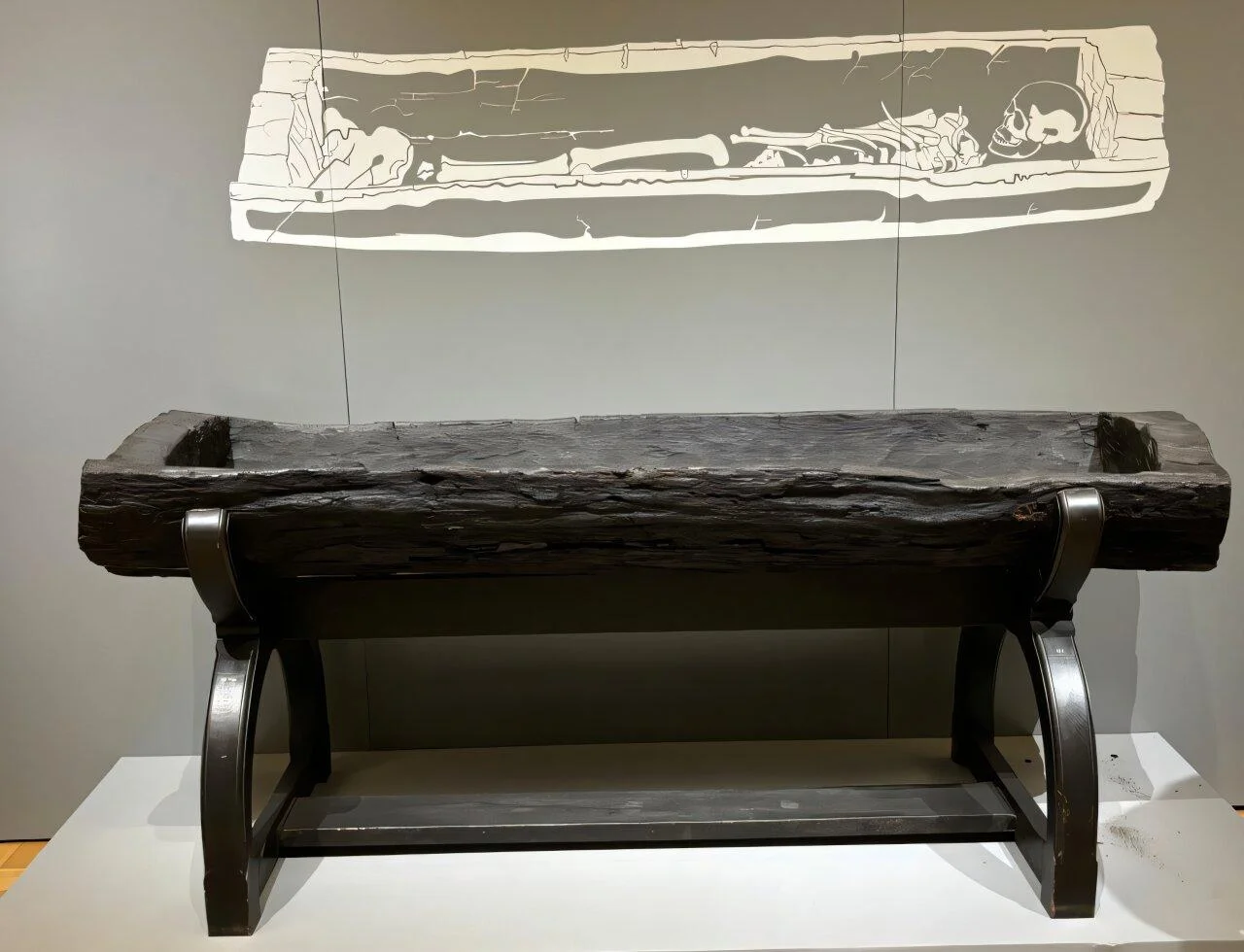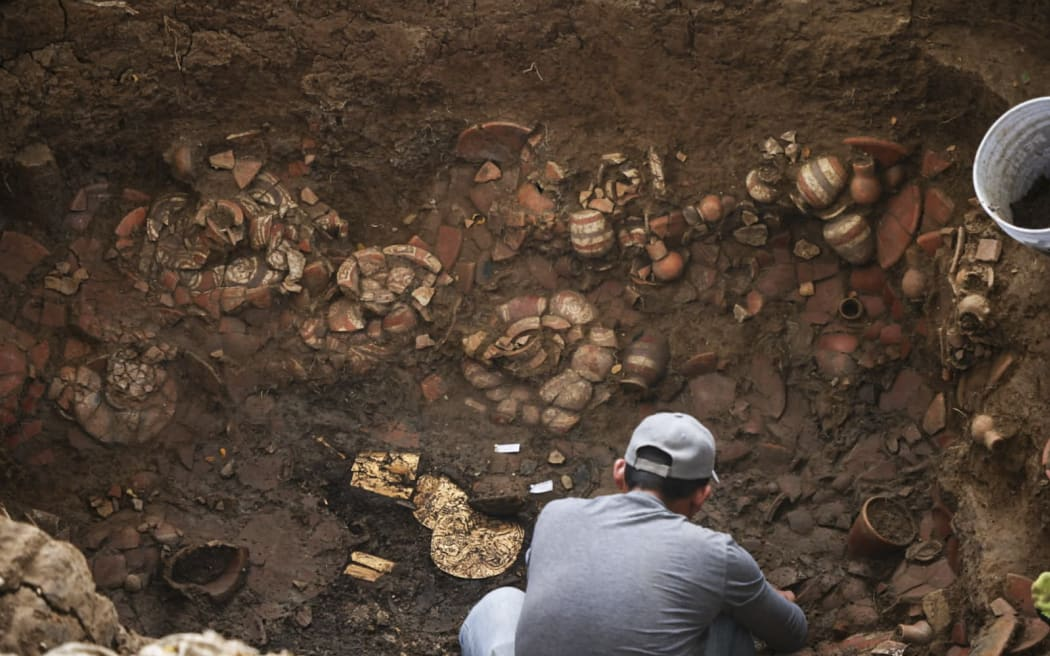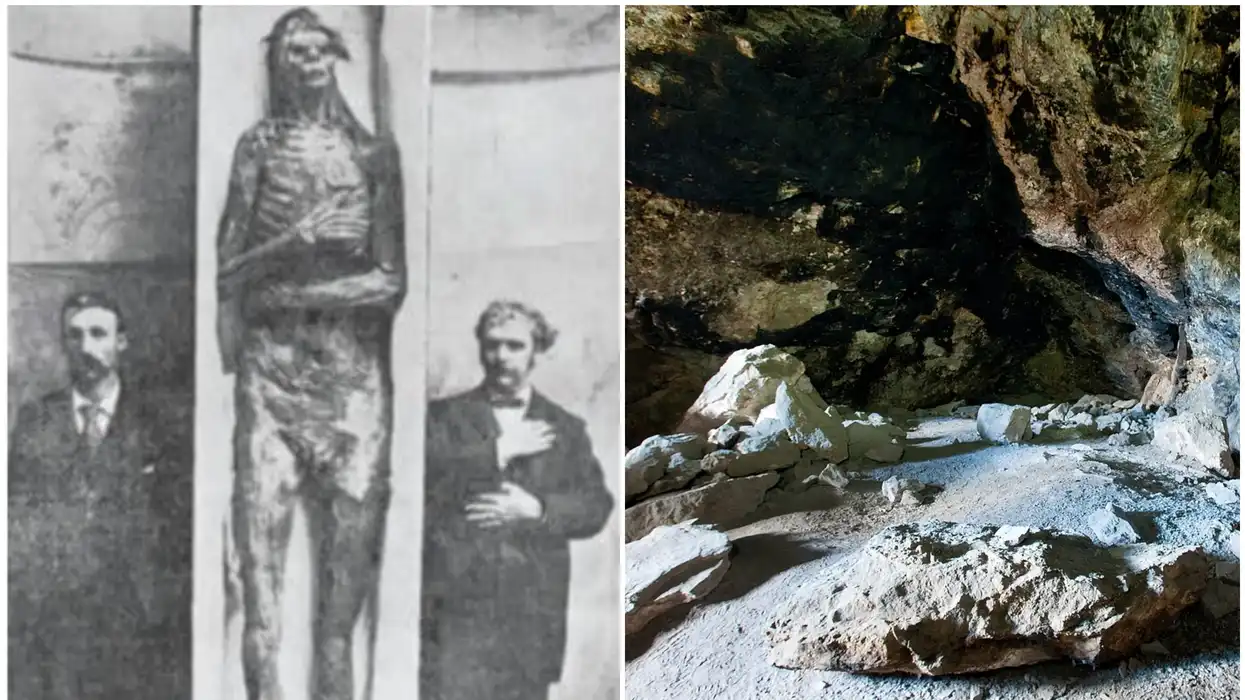The Battle of Salamis was a pivotal naval battle fought between the Greek city-states and the Persian Empire in 480 BC. It is considered one of the largest and most significant naval battles in antiquity, as it marked a turning point in the Greco-Persian Wars and played a crucial role in the defense of Greek civilization.
The battle took place in the straits of Salamis, an island located near Athens, and was a part of the larger conflict between the Persian Empire, led by King Xerxes I, and an alliance of Greek city-states, led primarily by Athens and Sparta. The Persian Empire sought to conquer Greece as a means of expanding its empire and avenging the defeat it had suffered in the Battle of Marathon in 490 BC.
The Greek fleet, led by the Athenian general Themistocles, was significantly outnumbered by the Persian armada. However, the Greeks held a strategic advantage, as they were familiar with the narrow straits around Salamis, which made it difficult for the larger Persian ships to maneuver effectively. Themistocles devised a cunning plan to lure the Persian fleet into the straits, where the Greek triremes could more effectively engage the enemy.
The Greeks sent a false message to Xerxes, claiming that they intended to flee, which prompted the Persians to pursue them into the confined waters around Salamis. Once the Persian fleet was in the straits, the Greek triremes attacked, using their superior maneuverability and the element of surprise to their advantage. The Greeks employed a tactic called diekplous, in which they rowed through gaps between the Persian ships, ramming and disabling them.
The Battle of Salamis ended in a decisive victory for the Greeks, with the Persian fleet suffering heavy losses. This victory proved to be a turning point in the Greco-Persian Wars, as it significantly weakened the Persian forces and boosted the morale of the Greek city-states. The following year, the Greeks won another significant victory at the Battle of Plataea, which effectively ended the Persian invasion.
The Battle of Salamis is notable not only for its scale but also for the long-lasting impact it had on Western civilization. The victory of the Greek city-states preserved their independence and the development of their unique culture, which would go on to influence the later development of Western thought, politics, and art.







